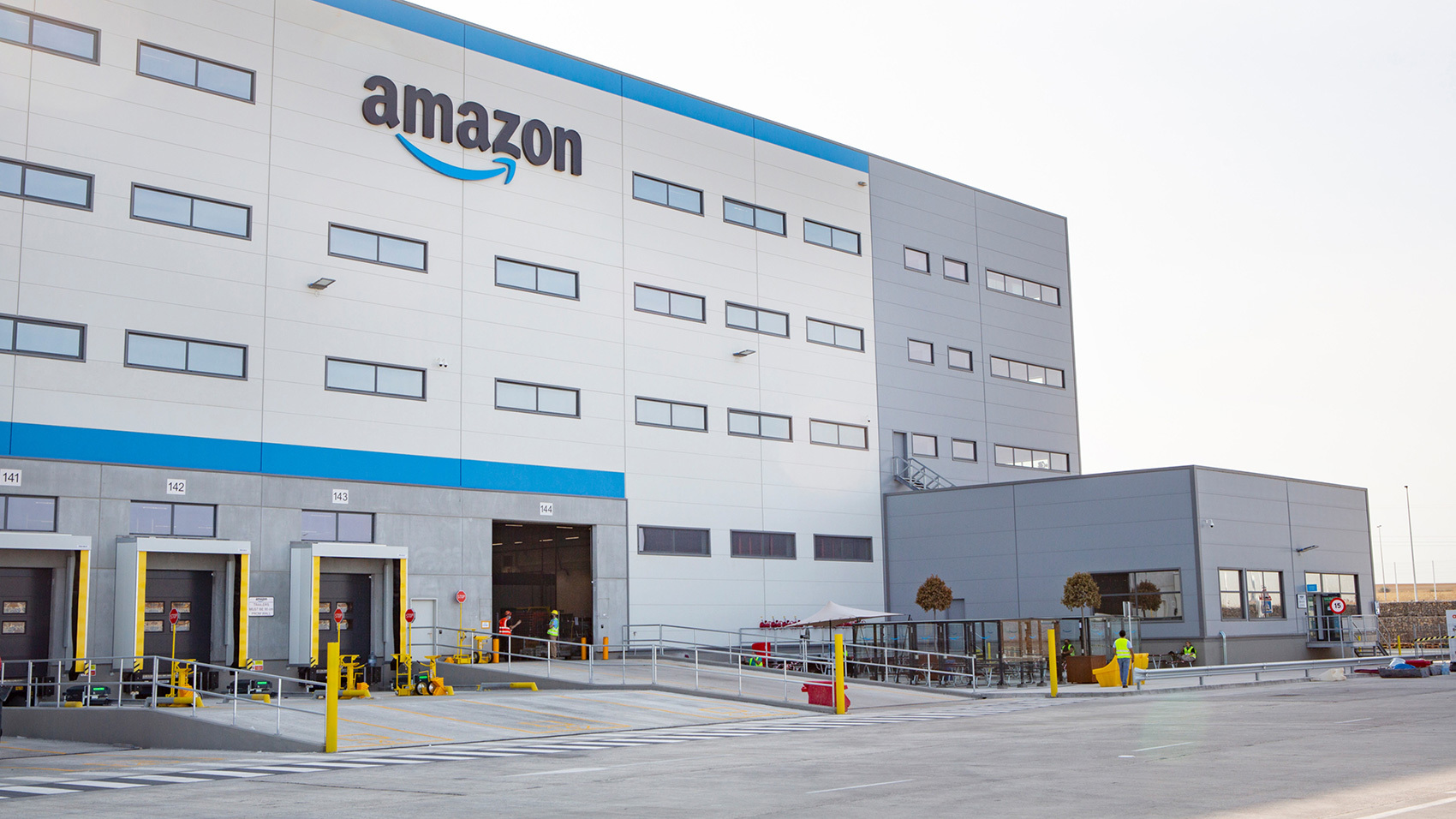management? Let’s explore.
The Shift Towards Cloud-Based SCM
Cloud computing enables organizations to manage their supply chain operations remotely, access real-time insights, and collaborate seamlessly with suppliers and partners. Companies are shifting to cloud-based SCM for several reasons:
- Scalability & Flexibility – Cloud solutions adapt to changing business needs, supporting growing data volumes and integrating with emerging technologies like AI and IoT.
- Real-Time Visibility & Collaboration – Cloud-based SCM platforms provide end-to-end transparency, allowing businesses to track shipments, monitor inventory, and collaborate with stakeholders in real time.
- Cost Efficiency – Unlike traditional systems that require heavy infrastructure investments, cloud-based solutions operate on a subscription model, reducing upfront costs.
- Enhanced Security & Compliance – Modern cloud providers offer robust security protocols, automated compliance updates, and disaster recovery capabilities.
- AI & Data Analytics Integration – Advanced analytics and AI-driven insights help organizations optimize demand forecasting, inventory management, and logistics.
Key Benefits of Cloud-Based SCM
1. Improved Supply Chain Visibility
With cloud technology, companies can track their entire supply chain in real time. This allows for proactive issue resolution, reducing delays and disruptions. For instance, real-time tracking of shipments minimizes risks associated with lost or delayed goods.
2. Enhanced Demand Forecasting
Cloud-based SCM platforms integrate AI and big data analytics to predict demand patterns more accurately. This helps businesses reduce excess inventory, lower costs, and improve customer satisfaction.
3. Seamless Integration with Other Technologies
Cloud-based solutions easily integrate with IoT, blockchain, and automation tools, providing a more holistic approach to supply chain management. IoT-enabled sensors, for example, can relay temperature data for perishable goods, ensuring quality control.
4. Increased Supply Chain Resilience
With supply chain disruptions becoming more frequent due to geopolitical tensions, pandemics, and natural disasters, cloud SCM enhances agility by allowing businesses to reroute shipments, adjust procurement strategies, and make quick decisions based on real-time insights.
5. Sustainability & Compliance
Cloud solutions help companies monitor their carbon footprint, optimize transportation routes, and ensure regulatory compliance. For example, businesses can track sustainability metrics and adjust sourcing strategies to meet ESG goals.
Challenges in Cloud-Based SCM Adoption
Despite its advantages, transitioning to cloud-based SCM comes with challenges:
- Data Security Concerns – Storing sensitive supply chain data in the cloud raises concerns about cyber threats and unauthorized access.
- Integration with Legacy Systems – Many companies still operate legacy ERP systems that may not integrate smoothly with cloud platforms.
- Change Management & Training – Shifting to a cloud-based SCM model requires significant training and organizational change management.
- Dependence on Internet Connectivity – Cloud-based systems rely on stable internet connections, which may be a limitation in certain regions.
Case Study: Unilever’s Cloud-Powered Supply Chain
Unilever, a global FMCG giant, transitioned to a cloud-based supply chain management system to enhance efficiency and sustainability. The company integrated AI-driven analytics and IoT sensors into its supply chain, enabling real-time demand forecasting and reducing wastage. As a result, Unilever improved its logistics efficiency by 15% and cut carbon emissions in transportation by 10%.
The Future of Cloud-Based SCM
With advancements in AI, machine learning, and automation, cloud-based SCM will continue to evolve. Future trends include:
- Autonomous Supply Chains – AI and robotics will further automate warehouse operations and logistics.
- Blockchain Integration – Increased adoption of blockchain for secure, transparent, and tamper-proof transactions.
- 5G-Powered Connectivity – Faster data transfer and enhanced IoT applications in supply chain monitoring.
Conclusion
Cloud-based supply chain management is not just a trend—it is becoming a necessity for businesses aiming for agility, efficiency, and resilience. While challenges exist, companies that embrace cloud SCM will gain a competitive advantage in an increasingly volatile global market. As technology continues to evolve, cloud-powered supply chains will become the industry standard, driving innovation and efficiency.
.png)
.png)







